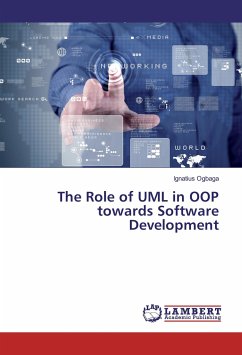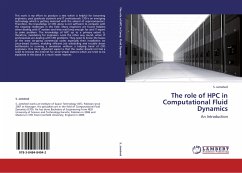The roll-out of broadband infrastructure in countries across the globe is crucial to their economic, scientific goals, and social requirements; it has the ability to uplift lives by providing Information Communication Technology (ICT) skills for employment and it can also help improve access to online education, known as e-learning. Investments in broadband are increasing as policymakers believe that broadband may lead to job creation and economic competitiveness. Broadband macro-level access can be assessed according to penetration rates, broadband coverage, connection types, user demographics, and lastly high-level broadband policy development. The purpose of this study was to establish the factors affecting the roll-out of penetrative broadband delivery in KwaZulu-Natal (KZN), particularly with regard to fixed lines.
Bitte wählen Sie Ihr Anliegen aus.
Rechnungen
Retourenschein anfordern
Bestellstatus
Storno








